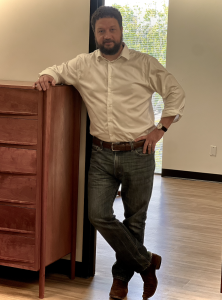The Texas Department of State Health Services Public Health Region 8 (DSHS PHR 8) is currently investigating an outbreak of shigellosis in Lavaca County. DSHS PHR 8 is working to identify the source of the outbreak by interviewing individuals who have become sick and collecting food samples from a location where multiple individuals have eaten before becoming sick.
Recommendations for the Public
If you are currently experiencing symptoms of shigella infection, visit your doctor to get tested. Your doctor may prescribe you antibiotics for this infection, but some people may get better without medication.
People can become sick with shigellosis by eating or drinking the shigella bacteria, by touching something contaminated with the bacteria and then touching the mouth, or through contact with bacteria during sex. It only takes a small amount of shigella bacteria to make a person sick. If you are sick with symptoms of shigella infection, you can help keep it from spreading:
- Wash your hands often using warm, soapy water for at least 20 seconds.
- Use a separate bathroom from other household members. If a separate bathroom is not available, clean and disinfect surfaces in the bathroom after each use.
- Do not prepare food for others while you are sick.
- Do not go swimming.
- Do not have sex for at least two weeks after diarrhea ends.
- Stay home from school, daycare, or jobs in healthcare or food service until your symptoms have resolved for at least 24 hours (without taking medicine that would mask symptoms).

Our clients feel like family to us. Our clients call us when something terrible has happened and they need our help. We are committed to getting them the help they need, so that they can rebuild their lives.
Symptoms of Shigella
Common symptoms of shigellosis are:
- Vomiting
- Diarrhea, which may contain blood and/or mucus
- Stomach Pain
- Fever
- Urge to pass stool (poop) but bowels are empty
Symptoms usually start 1-2 days after infection and last 7 days. In some cases, the frequency and consistency of stool (poop) do not return to normal for several months.



